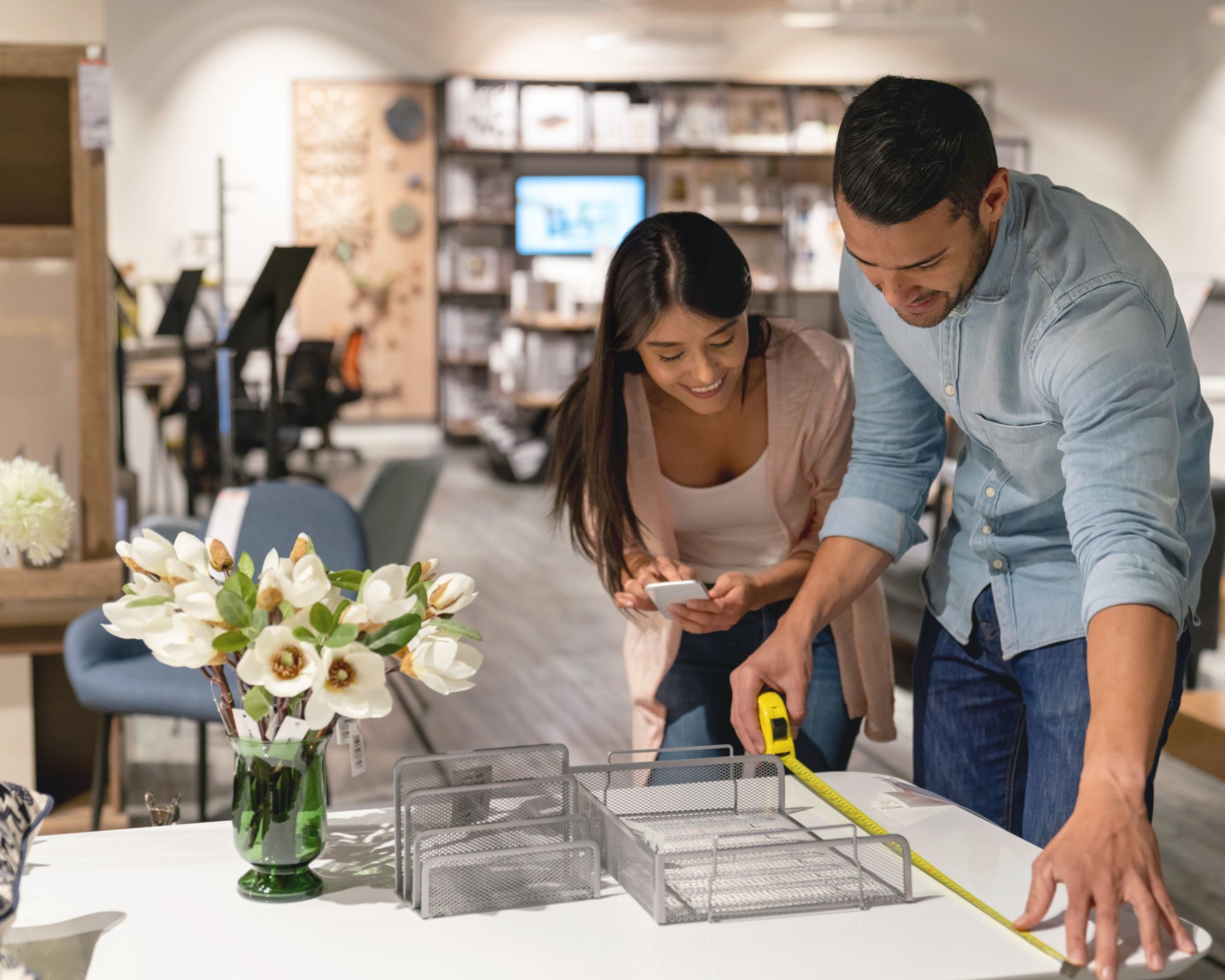Caring For Your Furniture
Care Instructions for Wooden Furniture
Solid Wood Furniture: Most of our cabinet & dining furniture is made using solid, seasoned timber, traditional craftsmanship and jointing. It is not uncommon for solid natural wood to ‘settle’ when it is introduced to a heated room. Care and consideration should be taken when positioning solid wood furniture in a room with central heating, under floor heating, Agas, wood burning stoves, direct sunlight etc. Please allow time for your furniture to settle into its new environment. Very occasionally you might notice some movement in the wood which is purely aesthetic and not structural, in these cases we are very willing and able to advise and assist with correction. This is a totally natural occurrence and not considered a fault with your furniture.
Wooden furniture is made using time honoured traditional methods, which makes each piece unique in both, texture and colour. Before the wood is finished it is practically uniform in tone, and when a finish is applied the differing colours of wood become apparent. Occasionally this leads to paler strips of wood; this is a natural characteristic and enhances the individuality of the piece.
All furniture is hand made and as a result there may be some slight dimensional differences noted between drawers and doors.
If the furniture is properly cared for and maintained it should last a lifetime.
Oiling the Furniture
To maintain Oiled wooden furniture, we recommend that a thin coat of oil is applied once a month for the first three months with a lint free cloth. After this period an application of oil once a year should be sufficient to maintain the soft oil finish of the product. Some items are finished with a hard wax oil, and do not need as much maintenance. They will only need a light sanding and refinish, if and when the furniture looks “tired” and you want to return it to its original finish. Please speak to us for advice on which finish is applied to your furniture and we can advise accordingly.
Care of the Furniture
Don’t do anything that will cause obvious furniture damage, for example:
- Avoid placing hot items directly on furniture.
- Avoid metal items on the furniture, because metal will leave a mark after some time.
- Wipe up any spills promptly; a wet glass left for a long time might cause a ring.
- Avoid using solvents near the wood, spillages will mark the finish.
- Placing furniture close to radiators or in direct sunlight should be avoided because this can cause extreme localised drying or bleaching of the wood. This may lead to small hairline cracks in the wood.
- Do not use any cleaning detergents on wood furniture as this can react with the finish and leave a mottled or cracked finish on your furniture.
- Never wipe oiled furniture with a wet cloth as this may remove the protective oils from the table and it can leave a mark on the surface of the wood. If you get a spillage soak it up with a dry cloth immediately and then gently dab the area with a damp cloth to try and remove as much of the liquid as possible very quickly and then dry off properly with a dry cloth again. A light dusting should be enough for general cleaning.
- Always wipe in the direction of the grain.
Correct environment conditions add longevity to solid wood furniture. Due to expansion and contraction, and the fact solid wood is constantly changing its moisture content, an even room temperature between 18-22°C should be maintained, and the humidity is best between 20-60%.
Caring for your new bed
It is important to turn your new mattress regularly. We recommend every week for the first 3 months and then once a month for thereafter turning east to west and occasionally north to south. Turning your mattress regularly helps the upholstery fillings to settle more evenly. This settlement of the upholstery fillings will be more concentrated in the centre of the mattress where you may see your body impression – this is perfectly normal. Pocket sprung mattresses have more deep layers of upholstery and so take more time to settle.
Other advice:
- Using a mattress protector which will help the life of the mattress and prevent any accidental soiling and so keep our guarantee valid
- Never use detergents or chemical cleaners as they will damage materials
- Avoid using your new mattress on an old base as this can shorten the life expectancy and invalidate your guarantee
We would like to refer you to our manufacturers guarantee which states:
We will repair or replace any mattress or divan base which becomes defective due to poor workmanship or faulty materials within 1 year of the date of purchase. Any faults that occur through misuse will not be covered, for example:
- Excessive wear and tear
- soiling
- Bending or rolling of the mattress
- Overloading the drawers or divan bases
This guarantee does not affect your statutory rights.
Upholstery care and advice
We recommend the following advice for taking care of upholstered sofas, chairs and beds.
Sofa Cushions - Regular Maintenance
To keep your sofa in peak condition we advise that any cushions are plumped regularly and try to rotate their position, where possible, to ensure even wear.
Vacuuming lightly using the brush attachment, will remove any loose dirt.
Please be mindful that certain fabrics will show wear on areas of more use and colours may fade or discolour with direct exposure to prolonged periods of sunlight.



